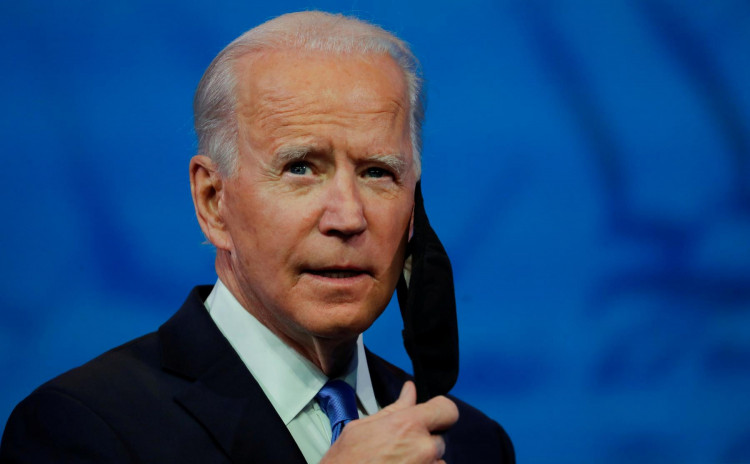US President Joe Biden has vowed "ironclad" support for Israel amid growing fears that Iran may launch a significant attack in retaliation for an Israeli strike on the Iranian consulate in Damascus on April 1. The attack, which killed seven senior military officials, including two generals from Iran's Islamic Revolutionary Guards, has heightened tensions in the region and raised the possibility of a direct confrontation between Iran, Israel, and the United States.
US officials briefed Al Jazeera that they believe an Iranian attack is imminent and will be conducted by Iran itself rather than proxy forces. The officials also said that the US may intervene to help Israel defend itself and may even be willing to join an Israeli counteroffensive. Such briefings are designed to feed into Iranian calculations as it considers its options to strike back against Israel, which it feels compelled to do since it regards its diplomatic buildings as the equivalent of Iranian soil.
"As I told Prime Minister [Benjamin] Netanyahu, our commitment to Israel's security against these threats from Iran and its proxies is ironclad - let me say it again, ironclad," Biden said during a press conference with Japanese Prime Minister Fumio Kishida at the White House on Wednesday.
Iran's supreme leader, Ayatollah Ali Khamenei, warned that Israel "must be punished and will be punished" for the attack on the consulate, which he said was equivalent to an attack on Iranian territory. "When they attacked our consulate area, it was like they attacked our territory," Khamenei said in a televised speech.
The Israeli foreign minister, Israel Katz, swiftly replied to Khamenei on X, warning that "if Iran attacks from its territory, Israel will respond and attack Iran." However, there is an open debate inside Iran between diplomats and academics about the best response to what they see as psychological warfare.
US and Israeli forces in the region have been put on high alert in the days since the attack, with the Israel Defense Forces (IDF) cancelling leave for soldiers serving with combat units and calling up reservists to bolster air defense units. Meanwhile, Gen Michael Kurilla, head of US forces in the region, is set to discuss the threat of a possible Iranian attack in talks with Israeli Defence Minister Yoav Gallant and army Chief of Staff Lt Gen Herzi Halevi in Israel on Thursday.
The escalating tensions come amid a nearly six-month-old war in Gaza, sparked by Hamas's October 7 attack that killed about 1,200 people and took 253 hostages. Iran backs Hamas, and Iranian officials have praised the attack. Biden has sharpened his rhetoric over Israel's conduct in the war and voiced his growing frustration with Netanyahu, urging him to "just call for a ceasefire" in a recent interview with US network Univision.
US officials have been attempting to send a message to the Iranians that, despite differences of opinion between Biden and Netanyahu, any attack on Israel will be met with an aggressive US response. In an effort to ease tensions, the foreign ministers of Saudi Arabia, the UAE, Qatar, and Iraq spoke to their Iranian counterpart this week, conveying a message from Biden's senior Middle East advisor, Brett McGurk, about the need to de-escalate.
Hezbollah's secretary general, Hassan Nasrallah, described the targeting of the Iranian consulate in Damascus as a "turning point" and said that an "inevitable Iranian response" is forthcoming. He added that "attrition" is a strategic aspect of the anticipated response, which may happen "today, tomorrow, after tomorrow, in a week, ten days ... there is no rush."






